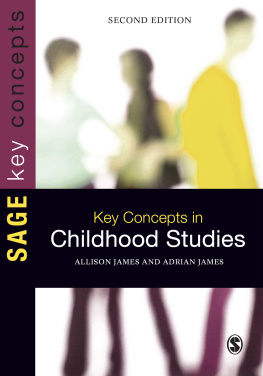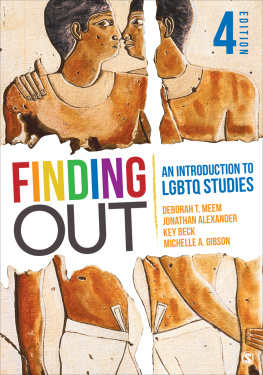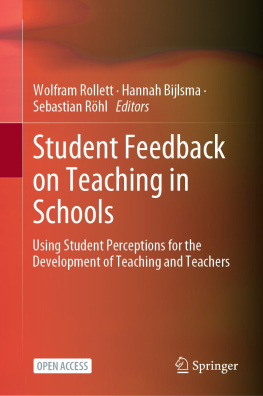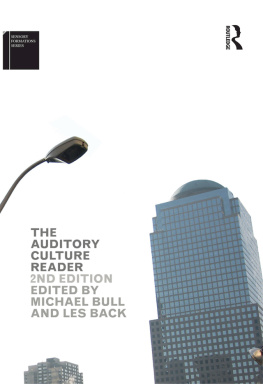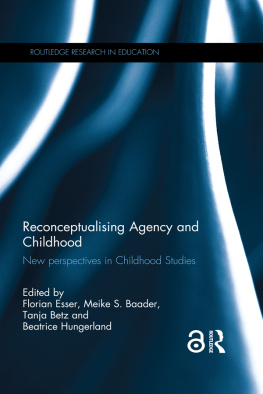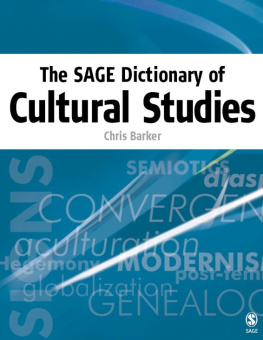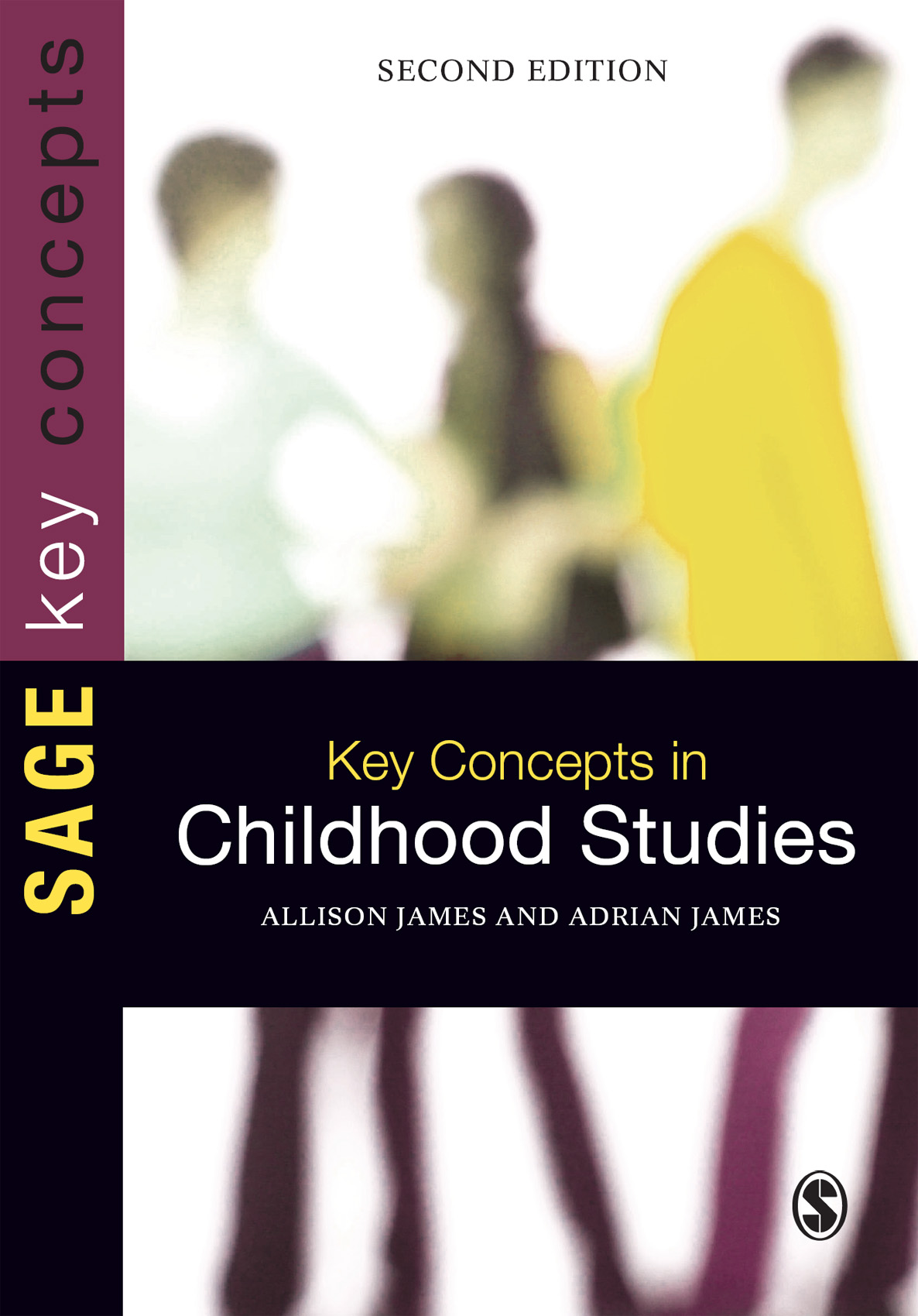Key Concepts in Childhood Studies
Key Concepts in Sport and Exercise Research Methods
Michael Atkinson
Key Concepts in Media and Communications
Paul Jones and David Holmes
Key Concepts in Sport Psychology
John M.D. Kremer, Aidan Moran, Graham Walker, Cathy Craig
Fifty Key Concepts in Gender Studies
Jane Pilcher and Imelda Whelehan
Key Concepts in Medical Sociology
Jonathan Gabe, Mike Bury and Mary Ann Elston
Key Concepts in Leisure Studies
David Harris
Key Concepts in Urban Studies
Mark Gottdiener and Leslie Budd
Key Concepts in Mental Health
David Pilgrim
Key Concepts in Teaching Primary Mathematics
Derek Haylock
Key Concepts in Work
Paul Blyton and Jean Jenkins
Key Concepts in Nursing
Edited by Elizabeth Mason-Whitehead, Annette McIntosh, Anne Bryan, Tom Mason
The SAGE Key Concepts series provides students with accessible and authoritative knowledge of the essential topics in a variety of disciplines. Cross-referenced throughout, the format encourages critical evaluation through understanding. Written by experienced and respected academics, the books are indispensable study aids and guides to comprehension.
Key Concepts in Childhood Studies
- Allison James
- Adrian James
SAGE Publications Ltd
1 Oliver's Yard
55 City Road
London EC1Y 1SP
SAGE Publications Inc.
2455 Teller Road
Thousand Oaks, California 91320
SAGE Publications India Pvt Ltd
B 1/I 1 Mohan Cooperative Industrial Area
Mathura Road
New Delhi 110 044
SAGE Publications Asia-Pacific Pte Ltd
3 Church Street
#10-04 Samsung Hub
Singapore 049483
Allison James & Adrian James 2012
First published 2012
Apart from any fair dealing for the purposes of research or private study, or criticism or review, as permitted under the Copyright, Designs and Patents Act, 1988, this publication may be reproduced, stored or transmitted in any form, or by any means, only with the prior permission in writing of the publishers, or in the case of reprographic reproduction, in accordance with the terms of licences issued by the Copyright Licensing Agency. Enquiries concerning reproduction outside those terms should be sent to the publishers.
Library of Congress Control Number: 2012932301
British Library Cataloguing in Publication data
A catalogue record for this book is available from the British Library
ISBN 978-1-4462-0189-3
ISBN 978-1-4462-0190-9 (pbk)
Editor: Chris Rojek
Editorial assistant: Martine Jonsrud
Production editor: Katherine Haw
Copyeditor: Solveig Servian
Proofreader: Mary Dalton
Marketing manager: Michael Ainsley
Cover design: Wendy Scott
Typeset by: C&M Digitals (P) Ltd, India
Printed by: MPG Books Group, Bodmin, Cornwall
About the Authors
Allison Jamesis Professor of Sociology and Co-Director of the Centre for the Study of Childhood and Youth at the University of Sheffield. She is also Professor II at the Norwegian Centre of Child Research at the Norwegian University of Science and Technology (NTNU) in Trondheim. Allison James has worked in the sociology/anthropology of childhood since the late 1970s and has helped pioneer the theoretical and methodological approaches to research with children which are central to childhood studies. Her work focuses on children as social actors and her empirical research has included exploring children's language and culture in relation to theories of socialisation, children's attitudes towards sickness and bodily difference and children's experiences of everyday life at home and at school. Recent funded research has examined children's perceptions of hospital space and children as participants in family food practices. Currently, she is developing a child-centred approach to understanding socialisation. Key publications include:
Constructing and Reconstructing Childhood (1990/1997). Basingstoke: Falmer (with A. Prout);
Theorising Childhood (1998). Cambridge: Polity (with C. Jenks and A. Prout);
Research with Children (2000). London: Falmer (with Pia Christensen);
Constructing Childhood: Theory, Policy and Social Practice (2004). Basingstoke: Palgrave Macmillan (with A.L. James);
Children, Food and Identity (2009). Basingstoke: Palgrave Macmillan (with A.T. Kjrholt and V. Tingstad).Adrian Jamesis Emeritus Professor of Applied Social Sciences at the University of Sheffield. He trained and practised as a probation officer and was subsequently extensively involved in their training. After becoming an academic in 1978, he researched and published widely in the field of socio-legal studies, including the completion of two major ESRC-funded projects on child welfare and divorce. Appointed as Professor of Applied Social Sciences at the University of Bradford in 1998, he became Professor of Social Work at the University of Sheffield in September 2004, during which time he was also Professor II at the Norwegian Centre for Child Research at the Norwegian University of Science and Technology (NTNU) in Trondheim. He was a Special Adviser to the House of Commons Select Committee on the Lord Chancellor's Department when it scrutinised the work of the Children and Family Court Advisory and Support Service (CAFCASS) in 200203. His recent books include:
Constructing Childhood: Theory, Policy and Social Practice (2004). Basingstoke: Palgrave Macmillan (with Allison James);
The Child Protection Handbook (3rd edn) (2007). London/Edinburgh: Elsevier/Ballire-Tindall (with K. Wilson): and
European Childhoods: Cultures, Politics and Childhoods in Europe (2008). Basingstoke: Palgrave (with Allison James). The first edition of
Key Concepts in Childhood Studies (also with Allison James) was published by Sage in 2008.
Preface
We are delighted to have had the opportunity to revisit our Key Concepts in Childhood Studies in the second edition of this book. This has given us the chance to add some new concepts that, somewhat mysteriously, we did not think to include first time round. Or perhaps it is the case that, with increasing interest being shown in childhood studies, as well as the changes occurring in childhood and for children themselves globally, these concepts have come into more prominent view since the first edition was published and now need to be given greater attention? Whatever the reason, we have now included 12 additional entries to make good this omission, though no doubt we could have added even more and some may yet disagree with the choices we have made about what, exactly, constitutes a key concept in childhood studies! However, we have also taken the opportunity to revise the original entries, updating them by including additional or new references where we have felt these were needed and, in some cases, expanding our original definitions through further material and cross-referencing.

